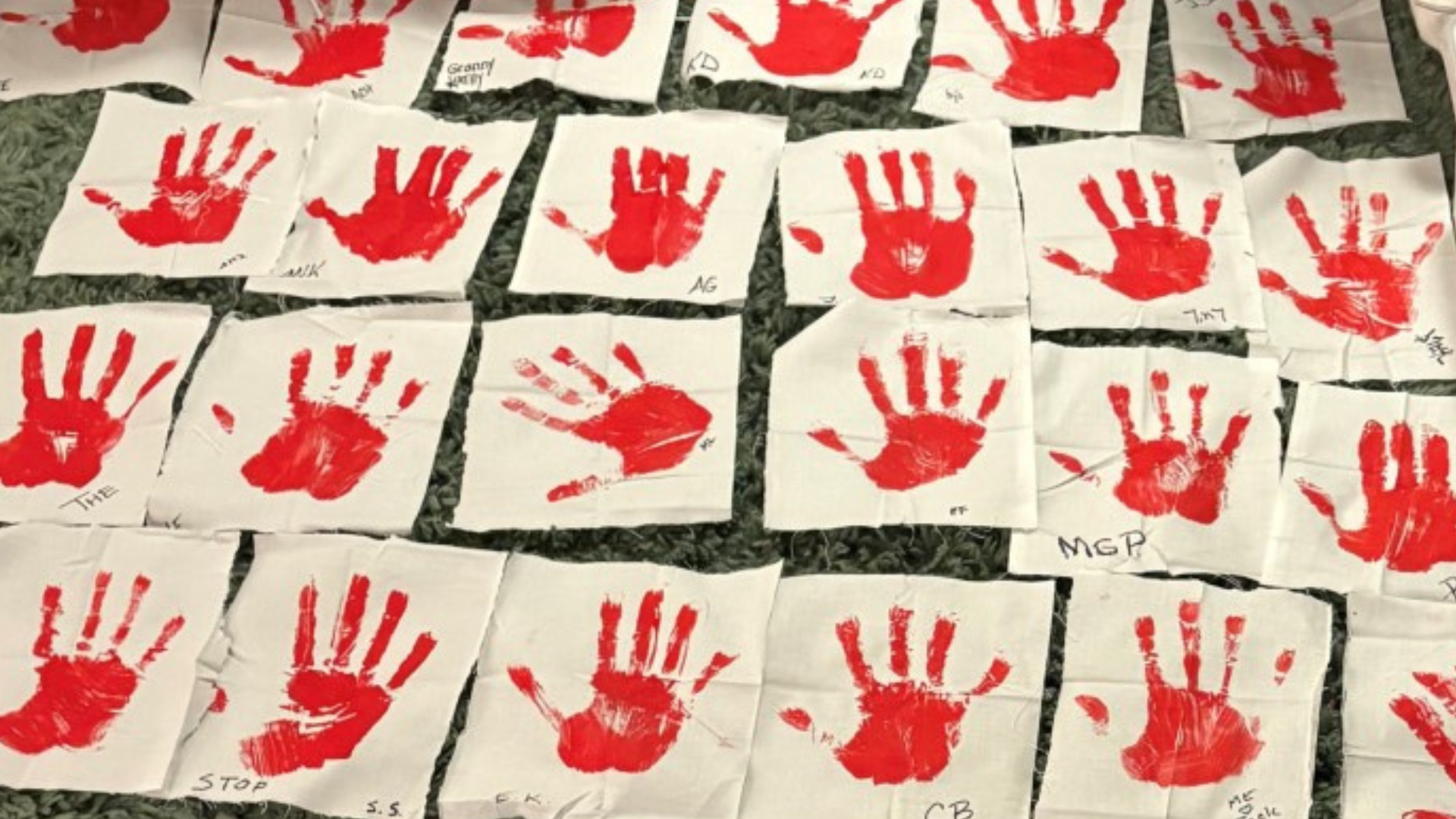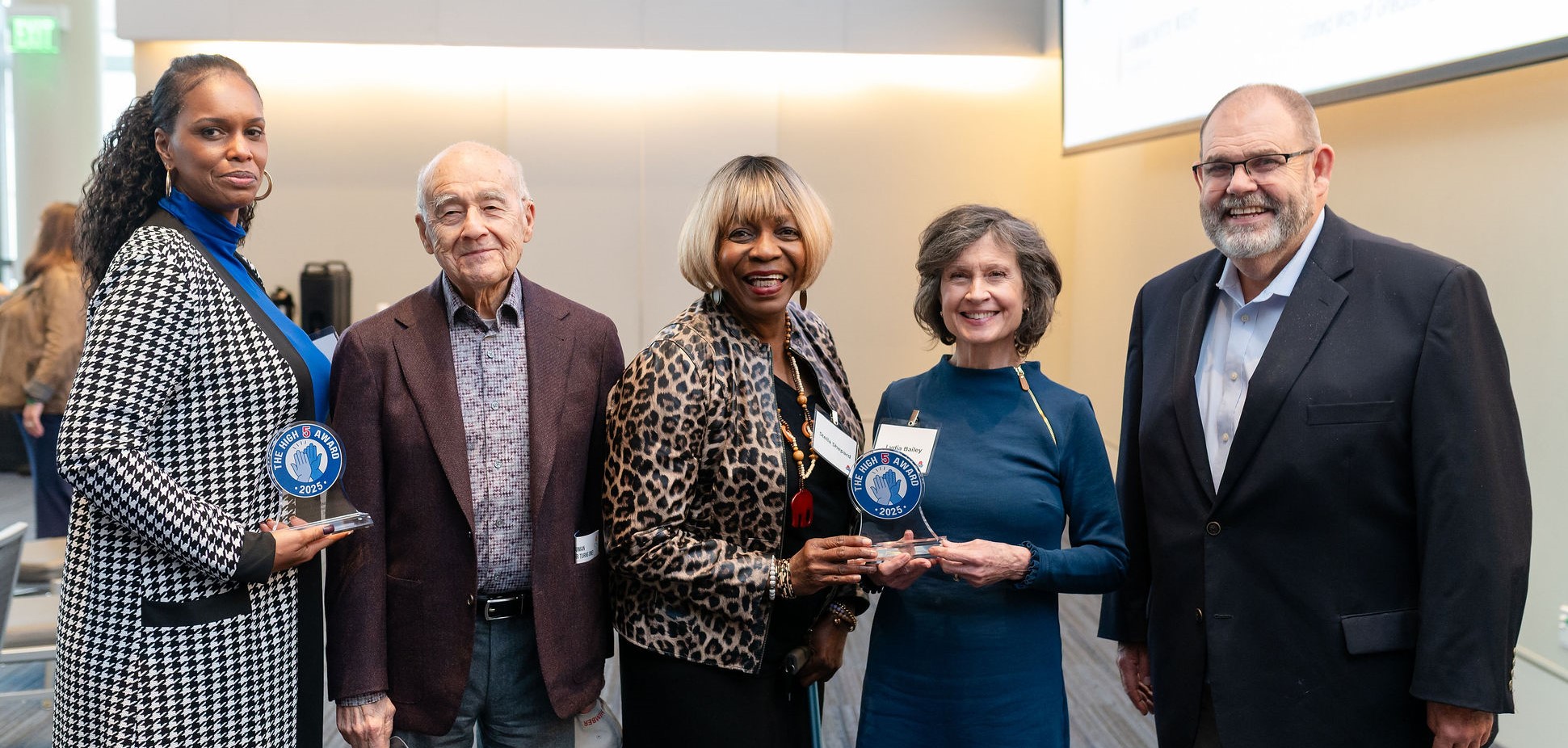There is enormous variety among Greater Cleveland’s 1,785 health and social service-focused nonprofits. They range from small grassroots founder-driven organizations with meager means and a single part-time staff person up to large health systems with thousands of employees and budgets in the billions. What doesn’t vary is a deep commitment to improving community conditions. And they all utilize their nonprofit and tax-exempt status to reinvest resources in the organization to further their missions.
Nonprofits endangered by new bill in the U.S. House
One of the purposes of the Cuyahoga Human Service Chamber is to provide an avenue for collective advocacy on shared issues of interest. The power of this type of collaboration was on display in November when a serious threat to nonprofit status emerged. Human Service Chambers across the state were quickly in contact with each other, sharing information and developing an outreach strategy to influence policy.
One of the purposes of the Cuyahoga Human Service Chamber is to provide an avenue for collective advocacy on shared issues of interest.
The Stop Terror-Financing and Tax Penalties on American Hostages Act (HR 9495) includes a section which gives new authority to federal agencies to designate 5013(c)3 nonprofits as “terrorist supporting organizations” and immediately rescind that organization’s tax status. Of course we don’t want to shelter organizations who support terror, but a close read of the details reveals a provision that gives new and unprecedented powers to the U.S. Treasure Secretary to unilaterally cancel a nonprofit’s tax status without any evidentiary requirement. The concern is that this new power could easily be abused to punish organizations that are not aligned with the President’s administration.
Impacted nonprofits would have a 90-day window to appeal the decision, and the burden of producing evidence falls exclusively on the organization. Even if overturned, the reputation and financial damage to the nonprofits would be immense.
The power to influence change, even incremental
After attempts to strip this section from the bill during committee amendments failed, the first vote on the bill on the House floor failed when it did not garner the required 2/3 majority to suspend the rules and pass it. All of Ohio’s Representatives voted for the bill except Rep. Joyce Beatty and Rep. Shontel Brown. A few days later, the bill was brought to the floor again under different rules requiring only a majority to pass. In the meantime, the Human Service Chamber of Franklin County coordinated efforts of other coalitions across Ohio to advocate against the passage of HR 9495.
While the bill ultimately passed the House on November 21 along party lines, three members of Ohio’s delegation switched their votes to oppose the legislation. It now heads to the Senate.
The Center for Community Solutions joined Human Service Chamber of Franklin County and Advocates for Ohio’s Future in issuing a statement urging the U.S. Senate to reject the bill. Next time, we hope to be able to lend the full weight of the Cuyahoga Human Service Chamber to the fight against this harmful policy proposal. You can join us by contacting Senator Sherrod Brown and Vice President-elect J.D. Vance and asking them to vote no on HR 9495.
The ability to quickly respond as a group to policy proposals which threaten the very existence of human service nonprofits can be a powerful advocacy tool. It is one which the Human Service Chamber is ready to wield.
Apply for membership today!
To ensure that our members will get the most of the collective, we are reviewing membership applications individually. Submit an inquiry form and we will contact you about membership and dues.








